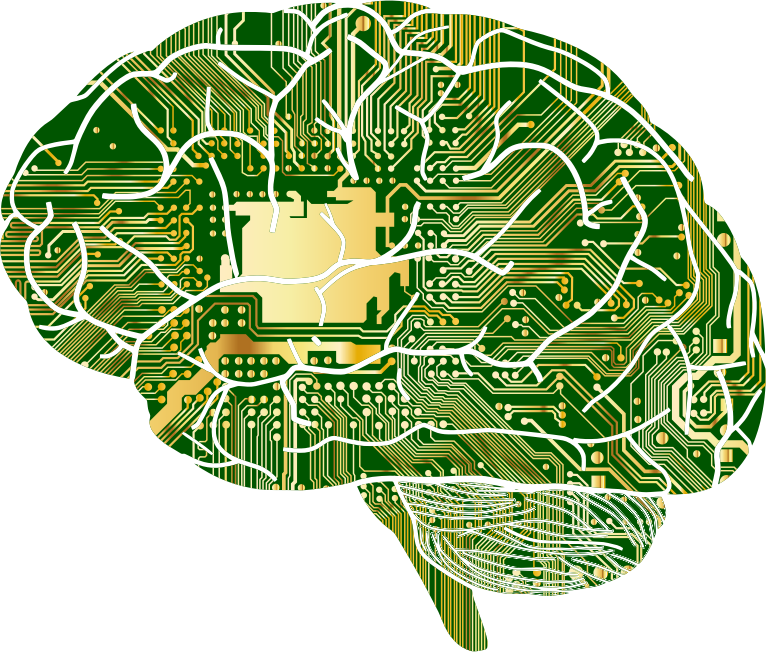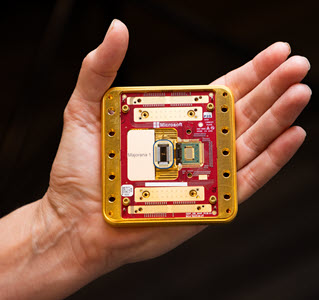Computers have central processing units (CPUs) that work by reading the flow of electricity that flows through circuits in the computer. These circuits have transistors that flip “on” and “off,” allowing and blocking the flow of electricity respectively, based on what task a user is asking the computer to do. Through this process, computers can perform billions of tasks. Similarly, human brains work by processing electronic signals. Recently, scientists have been able to use lab-grown brain cells hooked up to electronic chips to perform computations. Theoretically, this means that with the right amount of research, lab-grown brains could be used in computers. On top of this, if one biological component can simulate a mechanical part in a computer, then more mechanical parts should be able to be replaced with biologically modified components. This is exactly what is being done in biocomputers, which use biologically modified molecules to perform computations.
The replacement of mechanical parts with biological parts has many benefits and drawbacks. To begin, a benefit of replacing mechanical components with bioengineered ones is that these biological parts are extremely more energy efficient than their counterparts. Brains use around 20 Wh, while a small laptop uses around 70 Wh. The reduction of energy usage in the age of AI is massive, as energy is being consumed in greater quantities each day. Also, biological computers may be able to compute things more accurately than mechanical computers can.
On the other hand, biological components have a number of drawbacks in comparison to mechanical components. For example, the speed at which mechanical computers are able to perform tasks is much greater than that of biological components. Also, the use of biologically modified components raises an ethical concern. A concern for lab grown brain tissue is that it will develop a sort of consciousness while inside the computer.
To conclude, the ability to harness biological principles could lead to computers that use less energy and are able to perform incredibly complex tasks. However, biocomputing is still in its early stages and much more research must be conducted in order to maximize the benefits of these biological components.















